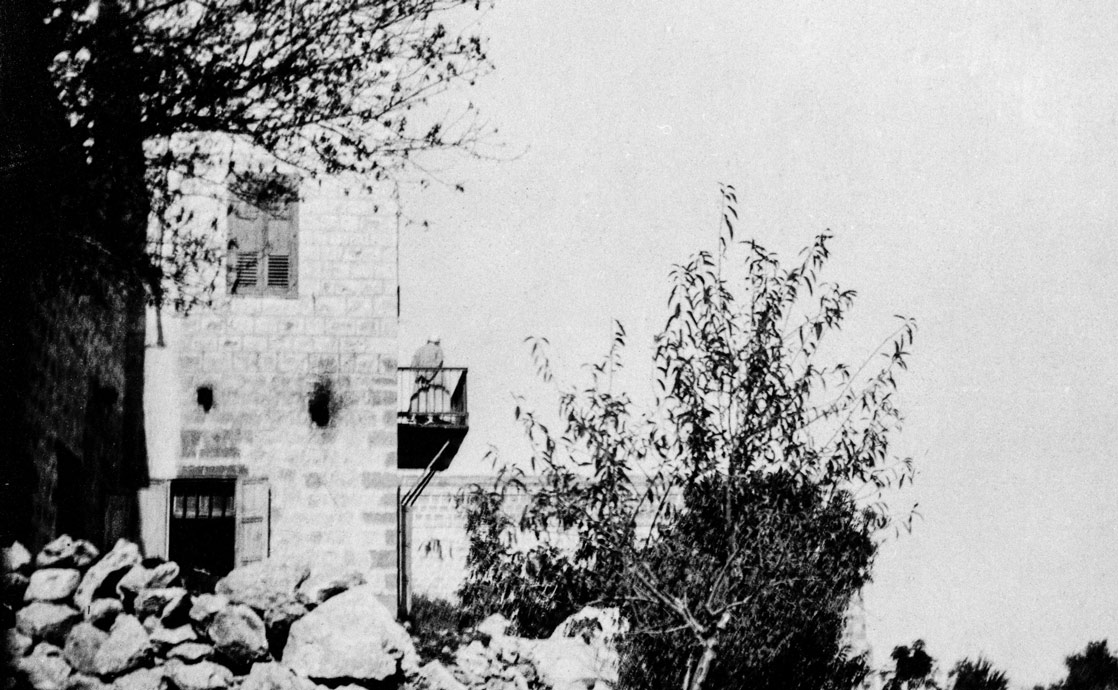In the annals of history, few figures have elicited such profound reverence and reflection as ‘Abdu’l-Bahá. As the son of Bahá’u’lláh, the Founder of the Bahá’í Faith, ‘Abdu’l-Bahá embodies not only the teachings of His father but also a unique moral compass that guided His actions throughout a life dedicated to service. The moment of His departure from this world, occurring on November 28, 1921, resonates deeply within the hearts of believers and observers alike. It presents both a somber acknowledgment of loss and a profound contemplation of the implications of His teachings. This article endeavors to explore the layers of significance surrounding ‘Abdu’l-Bahá’s passing and the transformative legacy He left behind.
The initial observation of ‘Abdu’l-Bahá’s departure evokes a sense of universal human experience. The grief associated with loss is a common thread that binds humanity. Yet, this loss was not merely personal; it marked the transition of a pivotal figure whose life was rich in multifaceted teachings and humanitarian ideals. Such a departure prompts a deeper inquiry into the reasons behind the enduring fascination with His life and teachings. The Bahá’í community, alongside various individuals interested in His narrative, engages with His legacy, pondering how His philosophies can be integrated into contemporary society.
‘Abdu’l-Bahá’s life was characterized by remarkable dynamism. He traversed continents, fostering connections between diverse cultures and communities. This dedication to unity remains one of the cornerstones of His teachings. The late 19th and early 20th centuries were rife with upheaval and fragmentation; yet, ‘Abdu’l-Bahá steadfastly advocated for global harmony, shedding light on the potential for unity amidst diversity. This principle not only resonates with those in His time but also serves as a guiding beacon for modern society, plagued by divisiveness.
As a central figure in the Bahá’í Faith, ‘Abdu’l-Bahá’s contributions extend beyond mere doctrinal exegesis. He actively participated in social reform movements, championing women’s rights, race equality, and religious tolerance. This advocacy brilliantly illustrates the inherent interconnectedness of His teachings with societal evolution. The struggles for social justice continue to resonate today, positioning ‘Abdu’l-Bahá as a timeless exemplar for those who aspire to navigate the complexities of the human condition with integrity and compassion.
The analysis of ‘Abdu’l-Bahá’s passing unveils an intricate interplay between personal grief and collective inspiration. The emotional resonance experienced by His followers is analogous to a shared communal experience, echoing the collective journey toward a higher purpose. In reflecting upon His teachings, believers engage in a transformative process where they find solace, guidance, and motivation. The profundity of His final moments—filled with love, peace, and serenity—illustratively underscores the principles of selflessness and service that epitomized His life’s work.
Moreover, it is important to consider the metaphysical implications surrounding ‘Abdu’l-Bahá’s departure. His ascension is not merely a cessation of existence but a transcendental transition that symbolizes continuity and spiritual progression. This perspective invites followers to contemplate the nature of life and death, proposing a paradigm where physical separation is but a gateway to a more expansive spiritual reality. Such reflections foster an understanding of the cyclical nature of existence, reinforcing the belief in the immortality of the soul and the perpetual relevance of spiritual teachings.
In examining ‘Abdu’l-Bahá’s legacy, one must also acknowledge the profound impact His life has had on interfaith dialogue. His visit to the West marked a pivotal moment in the interaction between different religious traditions. He emphasized the significance of finding common ground and embracing the tenets that unite humankind. By doing so, He laid the foundation for a discourse that continues to promote understanding and cooperation among varying belief systems. The quest for global peace necessitates this ongoing engagement across cultural and religious divides—a mission that ‘Abdu’l-Bahá fervently championed.
The allure of ‘Abdu’l-Bahá’s narrative stems not only from the profound teachings He imparted but also from the exemplary way in which He lived those teachings. His unwavering commitment to service, devotion, and tireless work on behalf of others communicates a powerful message about the essence of life itself. It encourages individuals to transcend self-interest and embrace a life characterized by altruism and a profound sense of responsibility toward humanity. This is a clarion call that, in contemporary society, holds significant relevance.
From the lens of a contemporary audience, contemplating ‘Abdu’l-Bahá’s departure evokes multiple reflections on personal and societal responsibilities. It propels a re-examination of individual roles within the larger tapestry of humanity. ‘Abdu’l-Bahá teaches that the essence of life is rooted in collective action, underscoring the critical importance of community engagement, social activism, and moral integrity. His legacy beckons followers to harness their capacities to foster goodness, equity, and love within their spheres of influence.
In conclusion, while the moment of ‘Abdu’l-Bahá’s departure resonates with somber loss, it simultaneously invites a kaleidoscope of revelations about the human experience. His life and teachings offer an intricate tapestry of wisdom that continues to shed light on the paths of devotion, unity, and social transformation. The enduring fascination with ‘Abdu’l-Bahá stems from this rich legacy—a legacy that beckons all to embrace the values of compassion, service, and unity, propelling humanity toward a brighter and more harmonious future.
